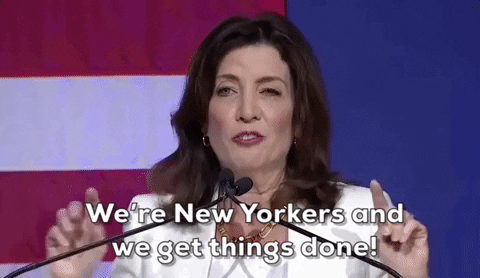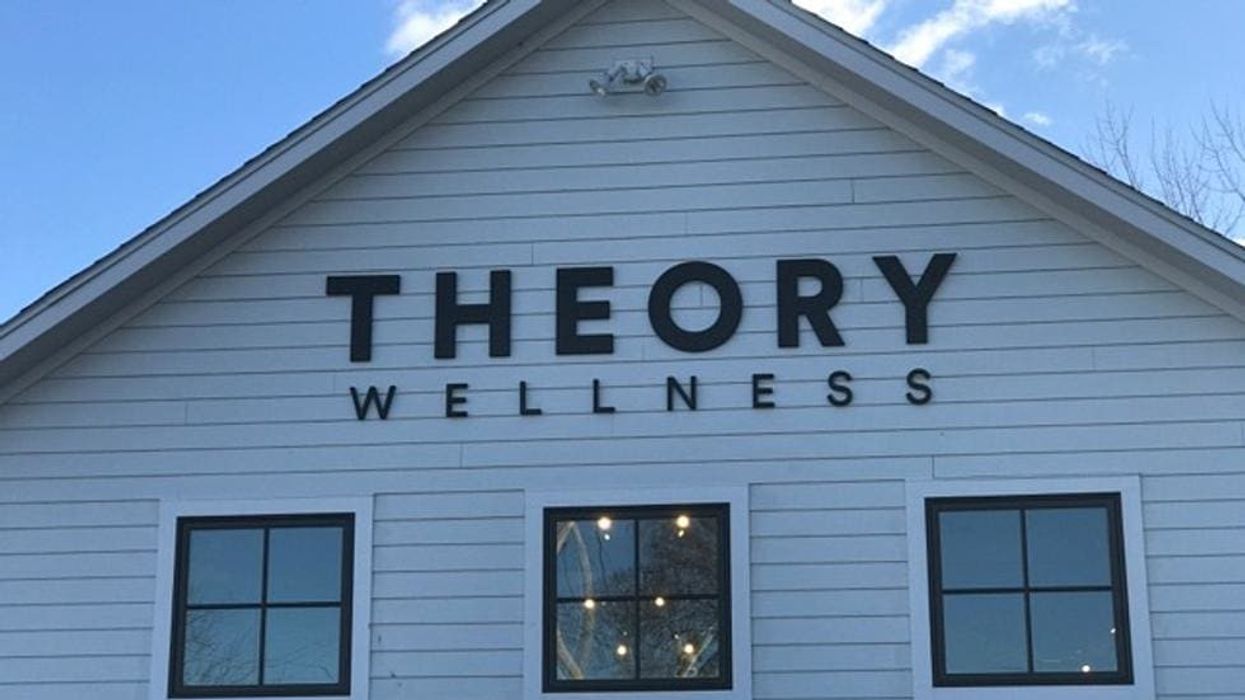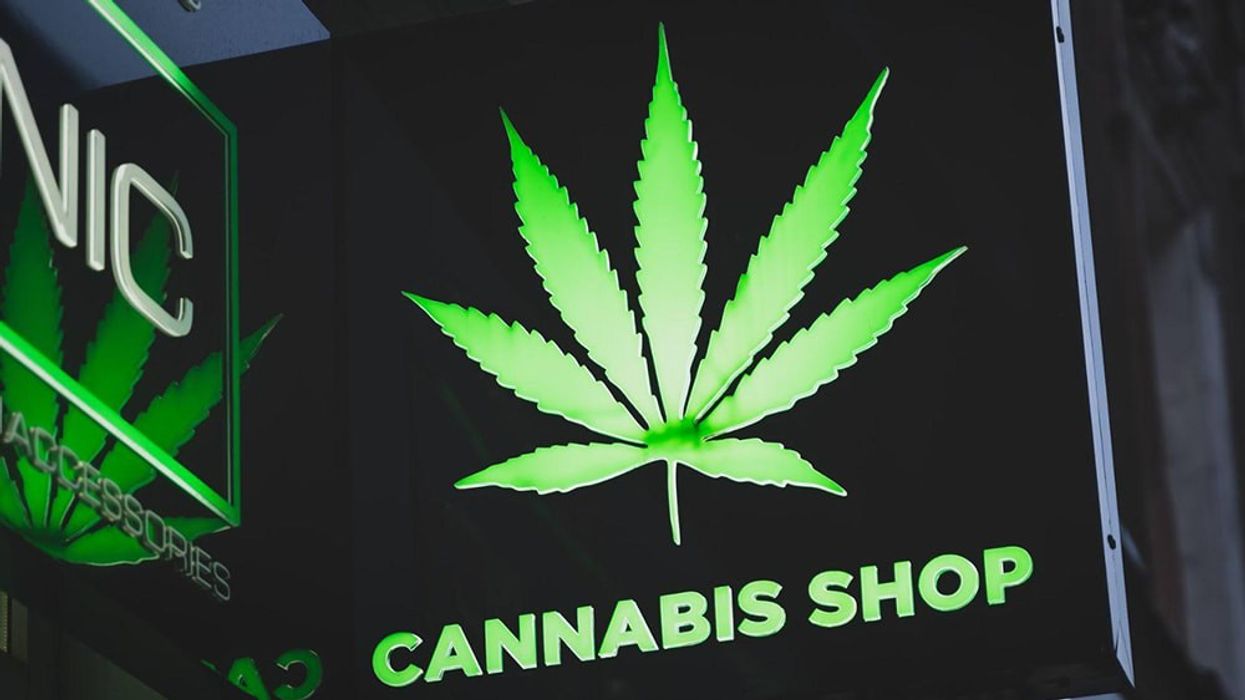The passage of a ballot measure last year paved the way for the legalization of recreational cannabis in Maryland, which is set to take effect on July 1, allowing for the possession and cultivation of cannabis for personal use.
As the state prepares for this milestone, Governor Wes Moore is reaffirming his commitment to equity in the cannabis industry. During the Cannabis Regulators Association (CANNRA) conference held on Monday, Governor Moore emphasized the need to move away from a history of oppressive cannabis policies. He stated that the war on drugs had failed and weakened the nation, and it was time to write a new chapter focused on equity and economic development. Maryland is determined to demonstrate that a thriving economy and social equity can coexist.
To facilitate the launch of recreational sales, the Maryland Cannabis Administration (MCA) has approved 94 medical cannabis dispensaries for adult-use operations. Additionally, 38 cultivators and manufacturers have been authorized to supply the new market.
Existing license holders must pay a conversion fee and convert their licenses to standard medical and adult-use licenses to continue operating starting July 1, 2023. The conversion process ensures a seamless transition from the medical to the adult-use market.
While possession limits will be set at 1.5 ounces initially, increasing to 2.5 ounces in the future, adults aged 21 and older will also have the right to cultivate up to two cannabis plants for personal use. Furthermore, the legislation includes provisions for expunging prior convictions related to conduct made legal under the new law. This approach reflects a commitment to restorative justice and offering individuals with criminal records a chance to rebuild their lives.
Like most legal states, Maryland expects the recreational cannabis market to generate significant revenue, estimating sales of up to $600 million in the first year. Licensing fees and taxes are projected to contribute $54 million, with a portion allocated to various funds aimed at community reinvestment and repair. The state anticipates a high demand for cannabis products, not only from residents but also from neighboring states that have not yet legalized recreational consumption.
To meet the expected demand, businesses in the medical cannabis industry, such as Verano, have expanded their production capacity. Verano, one of Maryland's early medical cannabis companies, has relocated its on-site dispensary to create more space for production in anticipation of the adult-use market. The company believes that cannabis legalization not only provides economic development but also creates job opportunities.
However, the first-to-market advantage enjoyed by existing medical cannabis businesses may pose challenges for new entrants in the future. Industry leaders emphasize the importance of establishing brand loyalty early on and securing prime commercial real estate.
While this may create a competitive landscape, Governor Moore is committed to ensuring that new entrants, particularly those from communities disproportionately impacted by the war on drugs, have a fair opportunity to participate in the industry. The state plans to implement initiatives such as low-interest loans, mentorship programs, and equity-focused licensing to support small businesses and entrepreneurs from marginalized backgrounds.
In addition to promoting equity within the industry, Maryland is also focused on public health and safety. The MCA has established strict regulations regarding product testing, labeling, and packaging to ensure that consumers have access to safe and accurately labeled cannabis products. The agency will continue to monitor and enforce compliance to protect public health and maintain industry standards.
The implementation of marijuana legalization in Maryland comes at a time when the national conversation around cannabis is evolving. As more states move toward legalization, Maryland's approach serves as a model for other jurisdictions seeking to create a thriving and equitable cannabis industry. Governor Moore's emphasis on restorative justice, economic growth, and community reinvestment sets a precedent for states grappling with the legacy of the war on drugs.
The coming months will provide valuable insights into the success and challenges of Maryland's recreational cannabis market, offering valuable lessons for other states considering similar measures. By implementing comprehensive regulations, providing support for existing operators, and creating opportunities for new entrants, Maryland sets an example for other states seeking to build a sustainable and equitable cannabis industry.
July 1, these are the initial 100 existing medical cannabis dispensaries according to The Maryland Cannabis Administration who have paid a fee in order to sell to recreational customers.
















